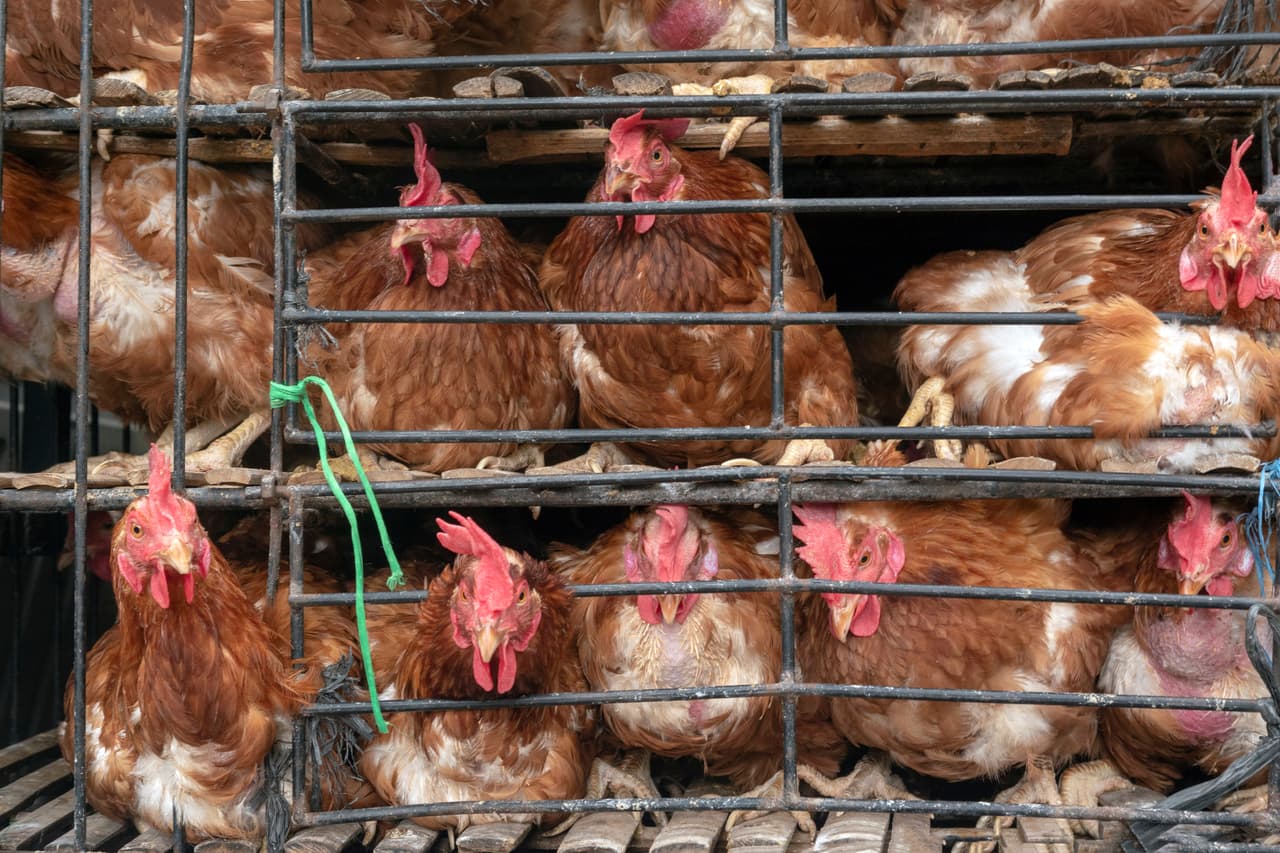
World's biggest animal drugs company stops marketing antibiotics as growth promoters in India
The world’s biggest animal drugs company has taken down claims on its Indian website that its antibiotics can be used to fatten up livestock, though is still selling the products for this purpose.
In a story last year the Bureau revealed how Zoetis was selling antibiotic feed supplements to make animals grow quicker in India, at the same time as it was publicly supporting a ban on such a practice in the US. Using antibiotics as growth promoters in farming drives the creation of “superbugs” (bacteria which are resistant to the drugs used to treat them), which have become one of the world’s biggest public health threats.
The practice is banned in the US and European Union, but is still permitted in India (though that may be about to change). The country is the global epicentre of antibiotic resistance due to multiple factors which include the widespread use and misuse of the drugs in agriculture.
Responding to our story last October Zoetis said it followed the local regulations in countries where its products were sold. Its growth-promoting feed supplements remain on sale in India, but the company has now removed information about them from the Indian version of its website.
It told the Bureau it was reviewing whether to continue selling the products - a spokesperson said a “decision has not been made yet” as to whether these products would stay on the Indian market. The company is awaiting the outcome of an independent review which may change Indian law. The Bureau’s story on Zoetis last year followed a series of articles revealing the widespread use of antibiotic as growth promoters in India, including the “last hope” antibiotic colistin - so named because it is one of the only options available to try to save the life of a patient suffering an infection resistant to all other drugs. (Zoetis does not sell colistin; its growth promoting products are made from other drugs).
Our reporting was used by lawyers in a successful case to get a ban on the use of colistin as a growth promoter in India’s second largest state, and has since helped prompt policymakers to recommend a complete nationwide ban.
An independent government review is now taking place looking at other antibiotics that are used as growth promoters, which could lead to new regulations.
Ahead of new laws introduced last year in the US banning the use of antibiotics as growth promoters, Zoetis voluntarily began to remove such claims from its products there.
One of Zoetis’ major competitors, Elanco, has also stopped advertising medically important antibiotics as growth promoters for animals. In 2016, it removed such claims from all its product labels worldwide, even in countries where antibiotic growth promoters are legal.
However experts warn that simply changing labels, or even banning use of antibiotics as growth promoters, is not enough to completely stop the practice. The same drugs used to fatten up animals can also be used to prevent and treat disease, meaning they can still be routinely administered to healthy animals.
Scientists and public health experts say restrictions should be placed on how long certain antibiotics can be used for, in order to ensure they are only used for health reasons. However meat producers say such restrictions could endanger animal welfare. Antibiotic sales have dropped by about a third in the US since the ban on growth promotion came into effect in January 2017. However as revealed by the Bureau, tests on thousands of meat samples carried out by the US Food Safety Inspection Service later that year found critical antibiotics were still being used in “unacceptable” quantities.
Header image of chickens being transported via Shutterstock
Our reporting on anti-microbial resistance is part of our Global Health project which has a number of funders. Our work on superbugs (to December 2018) was funded by the European Journalism Centre. None of our funders have any influence over the Bureau’s editorial decisions or output.
Our Food and Farming project is partly funded out of Bureau core funds and partly by the Hollick Family Foundation (for 2020) and The Guardian. None of our funders have any influence over the Bureau’s editorial decisions or output.



